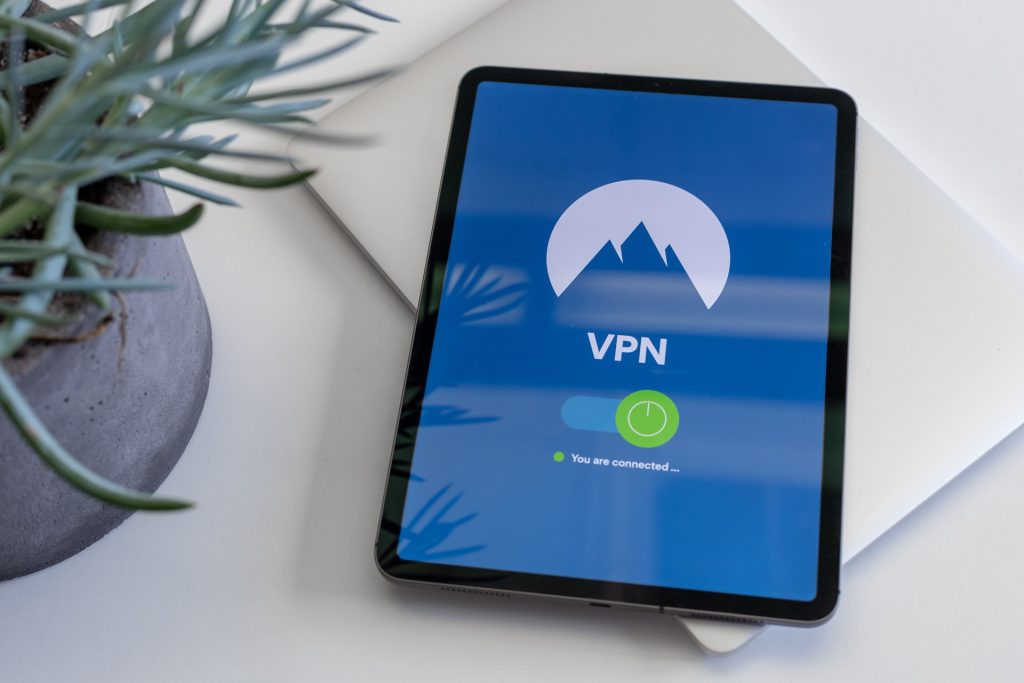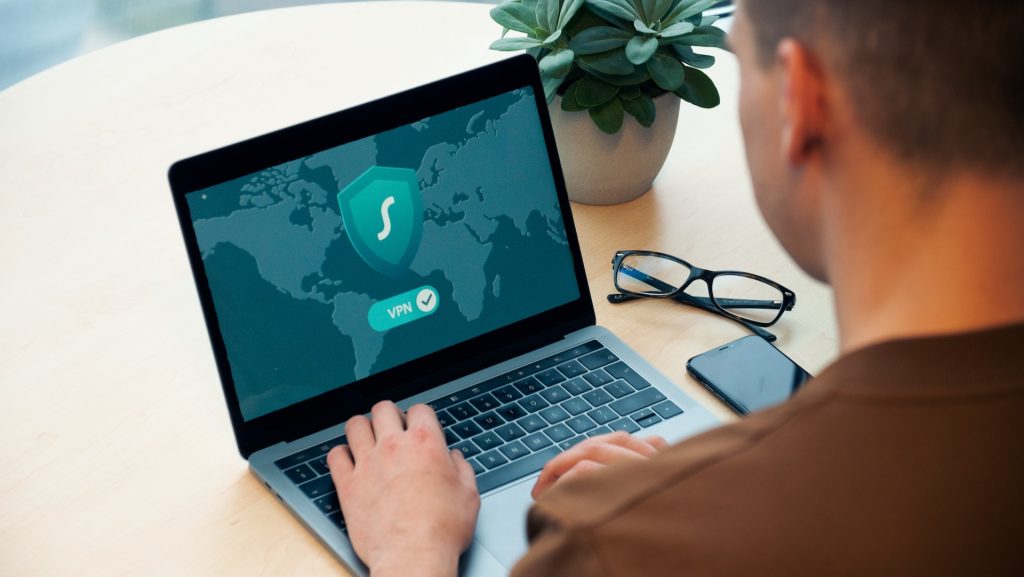With the rise of remote work and the increasing adoption of cloud services, it’s no surprise that more and more people rely on Virtual Private Networks (VPNs) to securely access their company’s network and data. However, while VPNs can provide a secure connection to your office from anywhere worldwide, they also come with security risks that can jeopardize your sensitive data.
In fact, according to a survey by the Ponemon Institute, 60% of organizations experienced a VPN security incident in the last year. In this article, we’ll explore some of the most common VPN risks and provide some best practices to enhance the security of your connections and a better VPN alternative.
Whether you’re a remote worker, IT administrator, or cybersecurity enthusiast, you’ll find this article helpful in understanding and mitigating the risks of VPNs.
5 Common VPN Security Risks
VPN cybersecurity risk can expose an organization’s sensitive data and resources to cyber threats. By understanding these risks, organizations can take proactive measures to mitigate them and ensure the security of their remote connections. Some of the common VPN security risks include.

1. Weak authentication and encryption
VPNs rely on authentication and encryption to secure remote connections, but weak passwords or outdated encryption protocols can make it easy for attackers to intercept or modify the data in transit.
2. Outdated VPN software
Using outdated VPN software can expose the system to known vulnerabilities that cybercriminals can exploit.
3. Lack of access controls
Insufficient access controls can allow unauthorized individuals to access sensitive data and resources or allow authenticated users to perform malicious activities.
4. VPN service providers’ logging policies
VPN service providers may log user activities, which can lead to privacy violations or data breaches if unauthorized parties access the logs.
5. VPN hijacking
Attackers can hijack VPN connections by stealing credentials or exploiting system vulnerabilities, allowing them to eavesdrop on the data or carry out cyber attacks.
Best Practices to Enhance VPN Security
Remember, security is a continuous process that requires ongoing monitoring, testing, and improvement.
By adopting these best practices, organizations can minimize the risks of VPN connections and ensure their sensitive data and resources’ confidentiality, integrity, and availability.

1. Strong Authentication and Encryption
Ensure that strong passwords or multi-factor authentication (MFA) are used and that the VPN connection is encrypted with modern protocols.
2. Up-to-date VPN Software
Regularly update VPN software to patch known vulnerabilities.
3. Access Controls
Enforce access controls to ensure that only authorized individuals can access the VPN and its resources.
4. Regular VPN Audits
Conduct regular security audits to identify vulnerabilities and improve the security posture of the VPN infrastructure.
5. Zero-trust Approach
Adopt a zero-trust approach that assumes no user or device can be trusted by default and that all connections should be authenticated and authorized before being granted access.
Also Read: Zero Trust vs VPN vs SDP
Conclusion
VPNs come with a set of security risks that can’t be ignored. However, by following best practices like implementing a zero-trust approach, organizations can mitigate these risks and ensure the security of their remote connections.
If you’re looking for an alternative to traditional VPNs that can provide even more robust security and flexibility, consider reliable solutions, such as InstaSafe VPN. With their zero-trust approach, all connections are authenticated and authorized before being granted access, ensuring that only authorized individuals can access the network and its resources.
































































